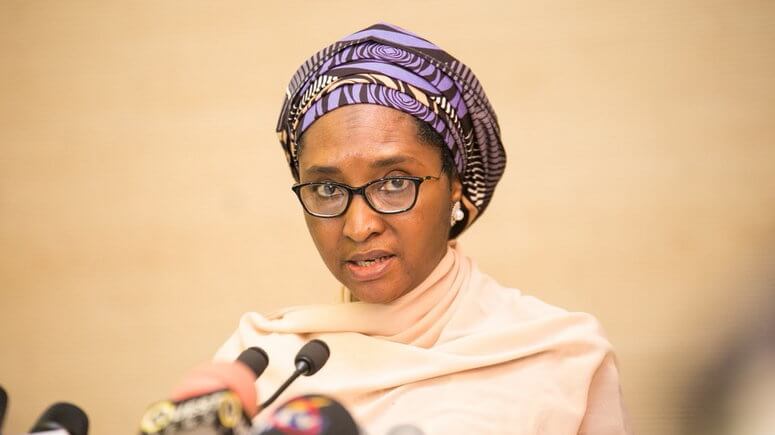The Minister of Finance, Budget and National Planning, Mrs. Zainab Ahmed, has flawed the current global tax rules for largely favouring the developed countries and canvassed the urgent need for review of most of the rules in order to ensure fairness in the international tax order and enable the developing countries, the major revenue sources, to benefit from the system.
Ahmed, who made this remark in her keynote address at the 42nd Technical Conference of the Commonwealth Association of Tax Administrators (CATA) on Monday in Abuja, listed some of the injustices in the tax system that need urgent action as including the long-standing issue of imbalance in the allocation of taxing rights between source and resident jurisdictions and information asymmetric between multinational enterprises and tax authorities in developing countries.
According to her, the Nigerian government has been at the forefront of campaigning for changes in the existing rules for some years in view of the negative implications for tax administration in developing countries and the need to ensure fairness in the global tax system.
Ahmed said: “Nigeria has remained in the fore-front of the global efforts at finding equitable and lasting solutions to international tax issues, including the long-standing issue of imbalance in the allocation of taxing rights between source and resident jurisdictions; information asymmetric between multinational enterprises and tax authorities in developing countries; the issue of Base Erosion and Profit Shifting (BEPS); and tax challenges of the digitalised economy;
“Over the past few years, our government committed huge monetary and human resources to champion the cause of developing countries. It is important for CATA and similar organisations to blend their voices with ours to insist that skewed international tax rules be straightened for the good of all”, the minister added.
While describing the theme of the conference ‘Tax Administration in a Digital Era’ as apt and timely considering that the business world had moved away from the “brick and mortal” model unto the fast-paced, globalised and digitalised model, Ahmed charged the tax administrators to ensure that tax administrative processes keep pace with changes in the business world.
Citing an African adage which says “where the hunter has learnt to shoot without missing, the birds that would avoid the hunter’s soup-pot must learn to fly without perching” to justify her views, she also maintained that since businesses were evolving from physical presence to virtual place, tax administrations must also shift gear unto the virtual realm.
To consolidate on the achievements made so far in the drive towards harmonizing the international tax system, the minister also charged tax administrators to prioritize the training of manpower, proactively respond to emerging trends in digitalization of businesses and nomad workers issues as reform priorities.
For instance, on manpower skills the minister stressed: “There are many new things emerging in the field of taxation; particularly, taxation of multinationals. Tax administrations must continually upscale the skills of their employees so that they can effectively and efficiently handle emerging tax issues.
“As such, tax officers must be trained and retrained on tax technicalities (including the new international tax rules) and the social effects of taxation”, Ahmed added.
The minister urged the President of CATA, delegates and other experts at the forum to use the opportunities presented by this conference to speak frankly on the issues she highlighted and many others she didn’t speak about and come up with actionable communiqué that will help the Nigerian government to formulate appropriate policies for the enhancement of the nation’s tax system.




